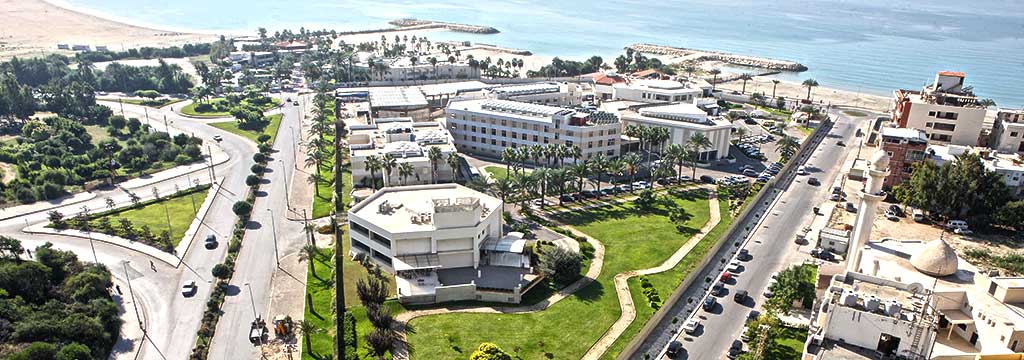About Imam Sadr
Founder’s Legacy: Methodology for Social Change
The means is in no way less important that the end, as uprightness and virtuous conduct are fundamental to successful change. While it is good to arrive to a satisfactory result through a certain process, it is important to achieve that satisfactory outcome every time. This can only be guaranteed by learning the right way which leads to the right outcome.
Imam Moussa As-Sadr, the founder and reference of the foundation’s philosophy, employed methodical, scientific principles at the service of social work. These may be summarized by the following:
– Surveying and assessing socio-economic realities (statistics, research, etc.);
– Adopting a strategic outlook and recognizing the ramifications of deprivation which affect both the disadvantaged and the affluent, plaguing them with social tensions and civil wars;
-
Stressing the importance of institutional organization as an essential condition for the success of any activity;
-
Ensuring an integrated framework for social change to prevent a schism that would undermine the entire process as a result of weakened foundations or components;
-
In particular, enabling context for the empowerment of women as contributors to socio-cultural prosperity.
The experience of the Sadr Foundation in Lebanon was crystallized through working with those cast at the margins of economic wrangling, with the disadvantaged. Soon, political factors, war, and sectarianism emerged, making the scene too complicated for a simple approach to be able to address the situation. Deprivation took on various aspects, including social exclusion, political oppression, and environmental degradation. Thus, the account of issues that Imam Sadr Foundation prioritizes as strategic challenges includes:
• Persons with special needs
• Displaced persons
• Unemployment
• Hospitalization
• Child labor
• Social and factional tensions.
• Gender disparities
This approach of Imam Moussa Sadr was to allow the people to determine their everyday needs and to empower them to meet these needs themselves. By people, he meant both men and women; a crucial addition for Middle-Eastern rural and urban communities. This participation generates self-esteem and self-confidence, which are essential conditions for trusting others, subsequently working together and enjoying advancement as an accomplishment. This progress allows, nay reinforces the values of participation, dialogue, and recognition of others, boosting the chances of peace and cooperation. This is true for family life and local endeavors, as well as for relationships between denominations, nations, and peoples. Sadr’s choice to make Lebanon proof of the validity of his thesis in attaining economic, social, and political justice remains a dream that will not be easily accomplished.

